As President Erdoğan correctly stated, we are at the end of the international order that was built under the hegemony of the US after World War II. Neoliberalism imposed under the banner of the “Washington Consensus” has come to an end, which also signals the end of globalization as we know it. However, there can be no doubt that these changes aren’t solely the result of the on-going global pandemic. The coronavirus has simply brought to light the inadequacy, weakness, and unsustainability of neoliberalism, as well as its anti-human nature.
MAO’S FORESIGHT
Even Dr. Henry Kissinger, the lead ideologist of the American Century, is saying that ”Now, we live an epochal period. The coronavirus pandemic will forever alter the world order.” (April 3, 2020, The Wall Street Journal)
We arrived at this point thanks to the states resisting the impositions of the US. The opposition of China, India, Russia, Iran and Turkey in particular, had already ended the ”American century”. Over the past few decades, US hegemony has gradually been diminished around the world: the 2008 financial crisis was the beginning of the end. Asia’s ascent drove a wedge between Washington and Europe, disrupting the close relationship more significantly than at any point since it began 1945. One of the important institutions of globalization, the European Union (UN), has begun to fall apart. The new movement to strengthen nation-states, including some in Western Europe, is the death warrant of globalization which functioned as little more than an instrument of US hegemony. Neoliberal globalization fought to liquidate nation-states as well as all ethnic and sectarian divides, but now it seems that neoliberalism itself will be liquidated.
History has confirmed Mao Zedong’s historic foresight:
“Countries want independence, nations want liberation, the people want revolution!”
THOSE WHO DESTROY THE OLD, BUILD THE NEW
The radical transformation of the world is an inescapable fact. However, those at the top of the current bankrupt system also want to have a voice in the new order. It is interesting that neoleftists who think that pessimism is a virtue are the ones who offer the most support to the ruling class’ effort. We might call this group ”the globalist left”, a prime example being the Republican People’s Party (CHP) in Turkey.
It is perfectly natural that those who overthrow the hegemony of the US should build the new international order. As a result, the new international order will be just, equalitarian, peaceful, and most importantly, inclusive.
The countries responsible for the end of US global domination have had three international initiatives actualized within the last 20 years: the Shanghai Cooperation Organization (SCO) was initiated in 1996 and came to fruition in 2001, BRICS (Brazil, Russia, India, China and South Africa) formed in 2006 and became an institution in 2009, and the Belt and Road Initiative (BRI) was established by Chinese President Xi Jinping in 2013.
To understand if the Belt and Road initiative is an imperialist project like those carried out by the US, we should first examine the SCO and BRICS, both of which were in part due to China’s efforts.
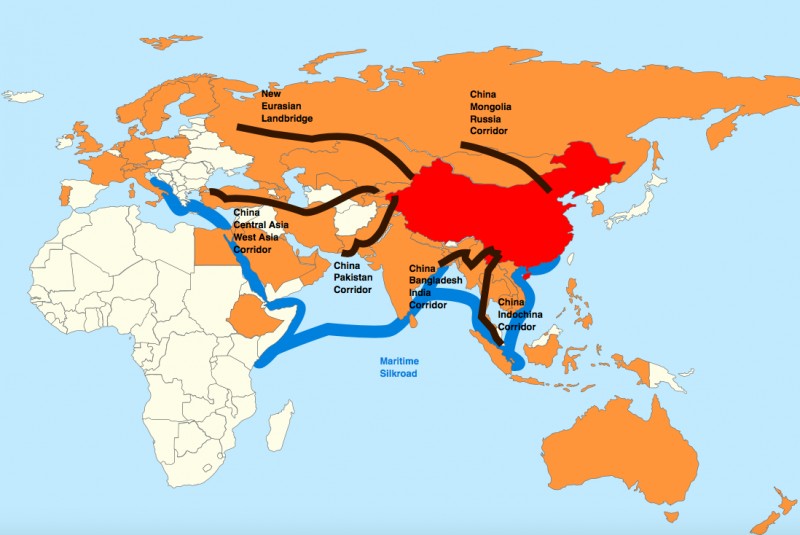
Wikimedia commons
The SCO worked to provide security and stability in Asia, proving that the issues between the regional countries could be solved through dialogue. The SCO became the only foundation where India and Pakistan were able to come together aside from the UN. A peaceful solution to the Kashmir conflict is one of the urgent duties of the SCO. On the other hand, BRICS is the proof of invalidity of ”Washington Consensus as the formula of development”. While BRICS countries accommodate 42% of the world population, their GDP was 23% and their trade was 18%. In the last 10 years, BRICS’s GDP grew 179% and its total trade increased 94%. In 2008-2017, the world’s average growth ratio was about 1%, however, that of BRICS countries was approximately 8%.
‘YESTERDAY HAS COME AND GONE’
There are also those who try to define the emerging new order within the framework of the epoch that is being left behind.
It is a necessity to protect our minds from American yoke in order to understand the truth in its entirety and shape the future correctly. Let’s remember the famous lines of the poet Rumi:
“How lovely to flow without cloud, freeze
Yesterday is gone, love and took away its tale.
Today we must live a fresh story again…”
In a recent article, İbrahim Kalın, Turkish Presidential Press Secretary and Chairman of Turkish Presidential Security and Foreign Policies Council wrote that “It is estimated that the cost of COVID-19 is going to be 3 or 4 trillion USD. Europeans are telling themselves that they need a new Marshall plan, yet it is not a secret that Donald Trump’s government does not have any intention or potential to do this. The argument that China will now offer its own Marshall plan should give us a clue about the orientation of the new economic equilibrium.”
The US achieved global hegemony after World War II by employing the Marshall Plan, part of which was promising Turkey that it could become a “Little America” in the Middle East.
We might recall that the Marshall Plan was implemented by the raw force of a million soldiers of the American military in Europe. In 1945, the exact number was 4,5 million. In terms of economy, military and politics, it is not realistic to expect a new Marshall Plan today. Arguing that China will follow such a path seems extremely unlikely given what we have seen of the Belt and Road project thus far.
WIN-WIN DEVELOPMENT
China insistently defines itself as a “developing country” and emphasizes that it won’t seek world hegemony. The sincerity and validity of the assertions China has put forward as principles can clearly be seen in the way these principles are being implemented. China advances a win-win foreign policy rooted in equal economic relations.
The central principles of the Belt and Road Initiative are justice, egalitarianism, pacifism and cultural inclusiveness.
The Belt and Road Initiative, which aims to construct a Silk Road for the 21st century, on the contrary, is not a Chinese project. Above all, the BRI is not a ‘project’. Chinese authorities are very sensitive on the matter, and even demand corrections when publications refer to “The Belt and Road Project”. They meticulously reiterate that the Belt and Road is an ‘initiative’ that can only be advanced with the joint effort of all participating countries. The institutional structure of the Asian Infrastructure Investment Bank (AIIB), which was established to actualize the BRI, also shows that China does not aim to ”dominate” others. China’s share is 30% in the AIIB, while its vote power while making decisions is only 26%. Within the body of the AIIB, all participants have the right to participate in decision making, and administrative mechanisms were established to look out for participants’ common interests. On the other hand, in the World Bank and the International Money Fund (IMF), institutions which serve “the dynasty of the dollar”, Washington is the ultimate decision maker, regardless of how much a given country contributes.
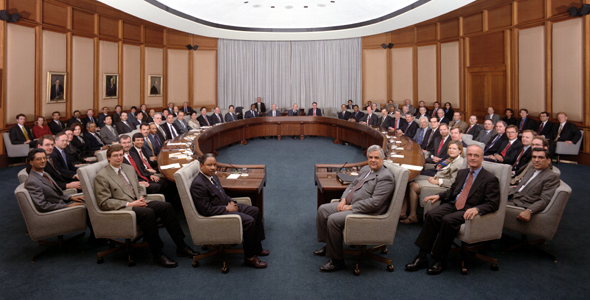
Wikipedia
BRIQ ENLIGHTENS
The ancient Silk Road brought prosperity, peace, and cultural exchange and understanding to countries along its paths and those who traveled to them. Turkey must actively evaluate its own national interests in the first instance, but reach out to developing countries at the same time. The Turkish-Chinese Business Development and Friendship Association whose chairman is Adnan Akfırat, publishes the Belt and Road Initiative Quarterly (Kuşak ve Yol Girişimi Dergisi – BRIQ) in Turkish and English once every three months. BRIQ is an important resource for Turkey to negotiate the Belt and Road according to our national interests. It is a means of establishing Turkey’s prominence in the new world order. We invite our readers to get, examine and join this collective work.
CONCLUSION: WE WILL CELEBRATE MANY HUNDRED YEAR ANNIVERSARIES!
We can confidently say that Turkey will play a principal role in building a more equitable international order.
We recently celebrated the 100th anniversary of Turkey’s national holiday, despite the limitations imposed by the coronavirus. While I was in China at an international meeting in 2005, a man named He Zhenglian, a retired modern age history professor, came up to me and said “I promised myself that if I saw a Turk, I would congratulate them on the behalf of Turkish nation for proving that humanity could defeat imperialism”, all the while grasping my hand excitedly. Instead of looking at China with doubt, we should join hands with them!
“The wheel has cleared the bump,” there is no retreat from independence: our path is open, and we are full of hope.







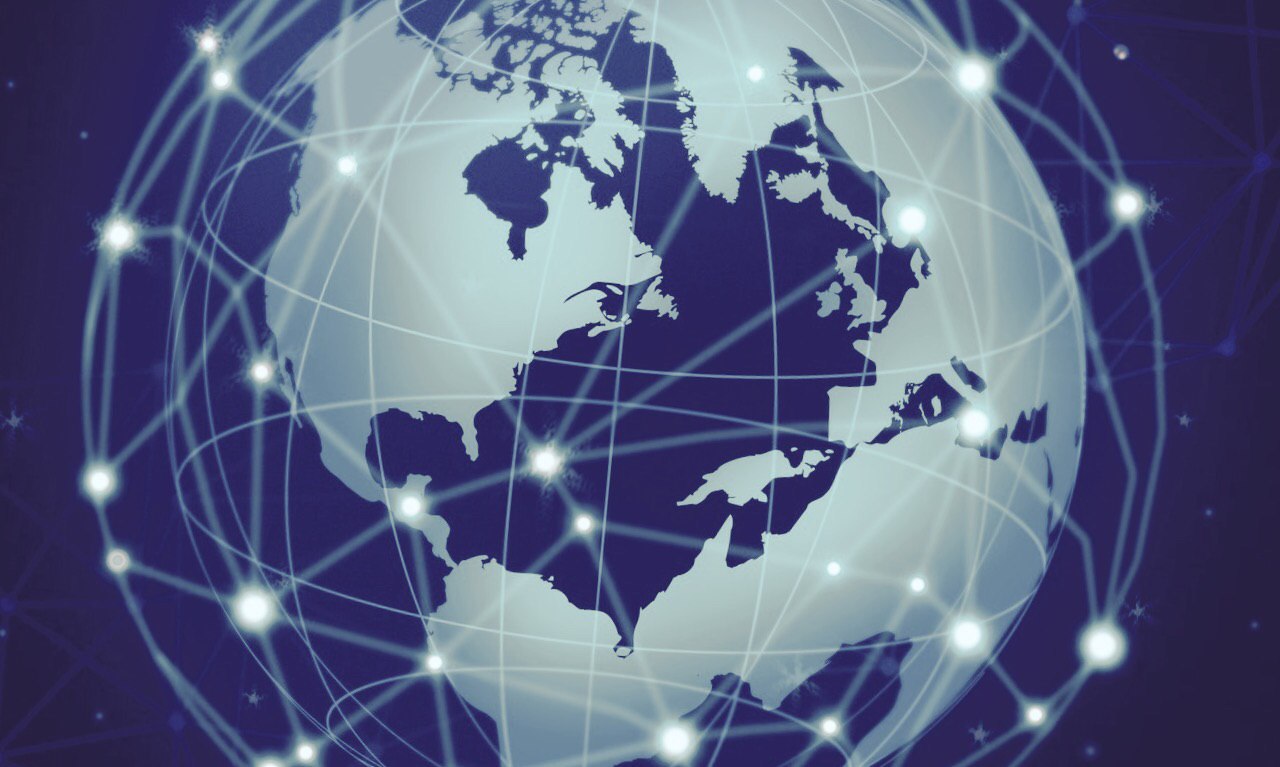





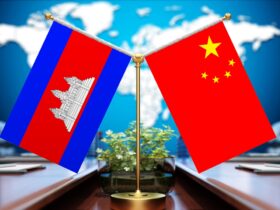
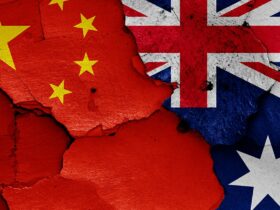

Leave a Reply